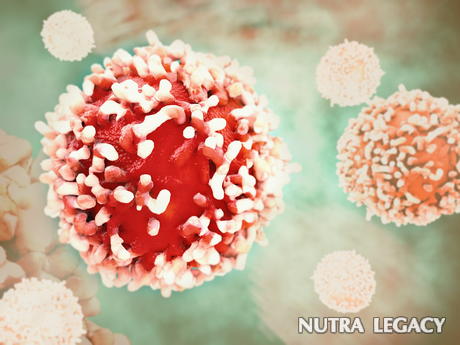10 Myths About Cancer

- Myths about cancer range from the credible to the outrageous.
- Myths about cancer may actually do harm if believed, because they may prevent medical advice from being sought and delay the diagnosis.
- Myths about cancer may include many cancer types and causes, as well as treatments.
1. Breast Cancer Only Affects Women
A common myth with breast cancer is that men are not affected. Both men and women can develop breast cancer, although it is less common in males. Unfortunately, this myth may cause many men to disregard any symptoms until the cancer is advanced, leading to more invasive treatments because of the later stage.
2. A Cancer Diagnosis Is A Death Sentence
One common myth is that being diagnosed with cancer means a death sentence. Many types of cancer have high survival rates, especially when they are caught early. Some cancers have as high as an eighty or ninety percent five year survival rate, and with proper treatment and early diagnosis most cancer patients will survive.
3. Cancer Can Be Contagious
The myth that cancer is contagious is not only wrong, it can have a negative effect on cancer patients and their loved ones. There are viruses which are contagious that can eventually cause cancer, including hepatitis C and HPV, but the cancer cause by these viruses is still not contagious, and can not be spread.
4. Cancer Is Caused By Genetics Alone
One myth that is common with cancer is that heredity alone will determine who gets this disease. Even a family history is no guarantee that cancer will develop, because environmental and other factors will also play a part. A family history of cancer simply means that more frequent screenings should be done, both with home exams and with medical testing.
5. Cancer Can Be Caused By Cell Phone Use
Many people believe that using cell phones frequently can cause cancer, but this is a myth. Scientific studies have shown no increased risk of cancer due to cell phone use. This myth is the reason that many people do not use cell phones, but it is false and has no scientific basis.
6. Cancer Is Always Painful
One cancer myth that is false is that cancer always hurts. This is not true, and many times the pain experienced by cancer patients is due to other factors and not the actual cancer or tumor. Some cancers do not cause pain at all, while others may only cause pain at the very end. Advancements in pain management have made even severe pain from cancer treatable.
7. Cancer Never Hurts Until The End
One myth that is harmful and can lead to deaths from this disease is that cancer is not painful until the end stages. This causes many to overlook symptoms simply because they are painful. Every type of cancer is different, and so is every individual. The pain experienced will depend on the type of cancer, the stage of the cancer, and the individual patient.
8. Cancer Causes A Loss Of Hair
Many people believe the myth that cancer will cause a loss of hair, and this is not true. Hair loss may occur as a side effect of chemotherapy or radiation therapy, but this also does not happen in every case. Cancer has no effect on hair growth or hair loss.
9. Breast Cancer Means A Mastectomy
A common cancer myth is that breast cancer means a mastectomy and the loss of at least one breast. This myth is false, and many breast cancer patients do not lose a breast. Mastectomies may be necessary if the cancer is advanced or has spread, but many other treatment options are available in the early stages of breast cancer that can prevent a mastectomy from being needed.
10. A Cancer Cure Was Found But Drug Companies Are Keeping It Secret
Many people believe the myth that the cancer cure was found, but drug companies hushed up this fact to prevent a big loss in profits. This is not true, and is shown by the fact that cancer patients who know or are related to high level drug company executives still die at the same rate as everyone else.
The information supplied in this article is not to be considered as medical advice and is for educational purposes only.
|
 2 Aug 2009 2 Aug 2009 |
